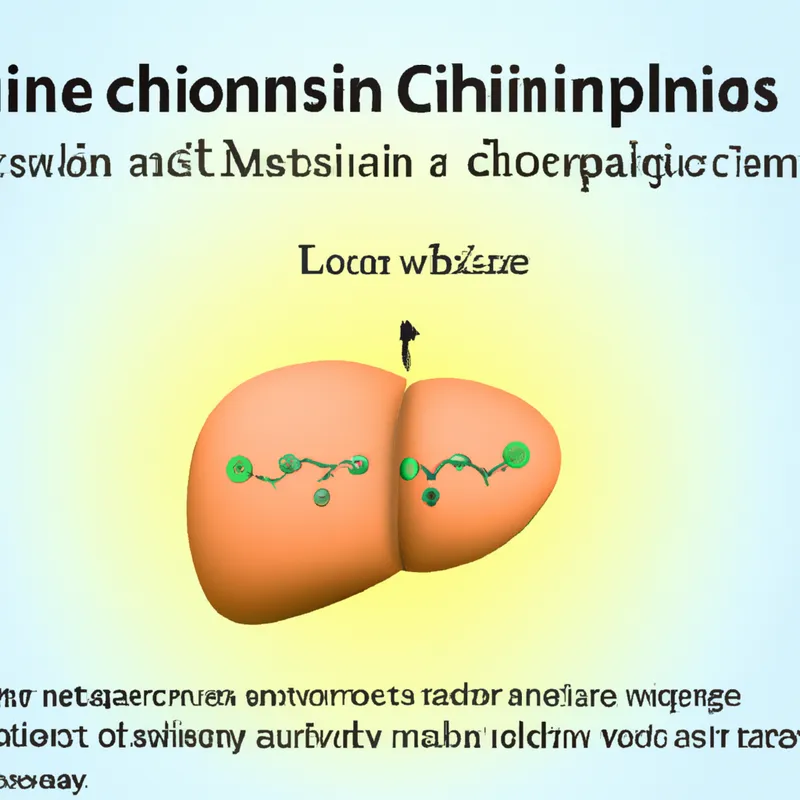Discover Choline’s Role in Metabolism Efficiency
The Importance of Choline in Liver Function and Metabolism
Choline is an essential nutrient vital for liver function and metabolism. Many people overlook choline’s importance compared to proteins, fats, and carbohydrates. Understanding choline’s role helps maintain a healthy liver, promotes metabolic efficiency, and improves overall health.
What is Choline?
Choline is a water-soluble nutrient grouped with B vitamins. Your body cannot produce enough choline, so you must obtain it through diet or supplements. Choline supports several critical bodily functions, including:
– **Cell membrane structure**: Choline forms phospholipids crucial for cell membranes.
– **Neurotransmitter synthesis**: It serves as a precursor for acetylcholine, essential for memory and muscle control.
– **Fat metabolism**: Choline transports fats from the liver and aids lipid metabolism.
Without adequate choline, liver function and other bodily processes can falter.
Choline and Liver Function
The liver manages various metabolic processes and detoxifies harmful substances. Choline supports liver function in several ways:
Fat Metabolism
Choline facilitates fat transportation and metabolism. It prevents fat accumulation in liver cells by helping to move fats out of the liver. If the liver fails to export fats effectively, it can lead to fatty liver disease (steatosis). This condition can progress to severe liver damage, including non-alcoholic steatohepatitis (NASH) and cirrhosis.
Detoxification
Choline aids in producing phosphatidylcholine, necessary for detoxifying harmful substances. This process ensures your liver effectively filters toxins from your bloodstream. A properly functioning liver, supported by adequate choline, maintains overall health and wellbeing.
Cell Structure and Integrity
Choline forms cell membranes, especially in liver cells called hepatocytes. It maintains the integrity and fluidity of these membranes, supporting cellular function. Healthy liver cells ensure optimal liver performance and efficient organ function.
Choline Deficiency and Its Consequences
Many people do not consume enough choline. Research indicates that choline deficiency can lead to several health issues, including:
– **Fatty Liver Disease**: Inadequate choline can cause fat accumulation in the liver, leading to fatty liver disease. This condition seriously impacts liver health and function.
– **Cognitive Decline**
Conclusion
Choline plays a crucial role in liver function and metabolism. Ensuring adequate choline intake supports overall health and wellbeing.
Below are related products based on this post:
FAQ
What are the main functions of choline in the body?
Choline supports several critical bodily functions, including forming cell membranes, synthesizing neurotransmitters like acetylcholine, and facilitating fat metabolism. These roles are essential for maintaining liver function and overall health.
How does choline deficiency affect liver health?
Choline deficiency can lead to fat accumulation in the liver, resulting in conditions such as fatty liver disease. This can progress to more severe liver issues, including non-alcoholic steatohepatitis (NASH) and cirrhosis, significantly impacting liver health and function.
How can I ensure I get enough choline in my diet?
You can obtain adequate choline through dietary sources such as eggs, meat, fish, dairy products, and certain vegetables like broccoli and Brussels sprouts. If necessary, choline supplements are also available to help meet your nutritional needs.















Post Comment